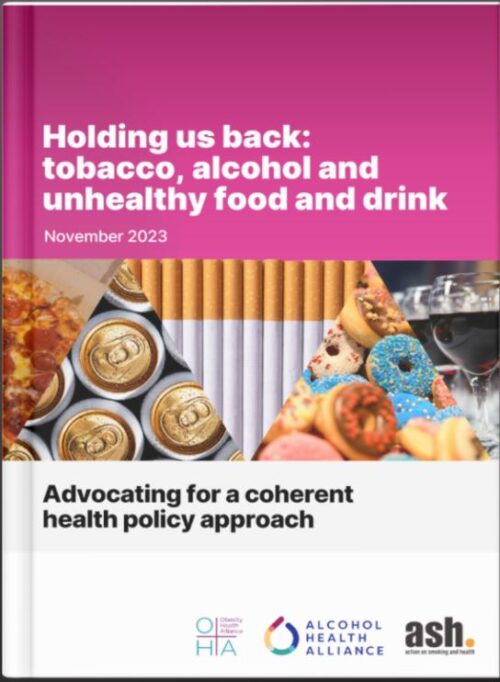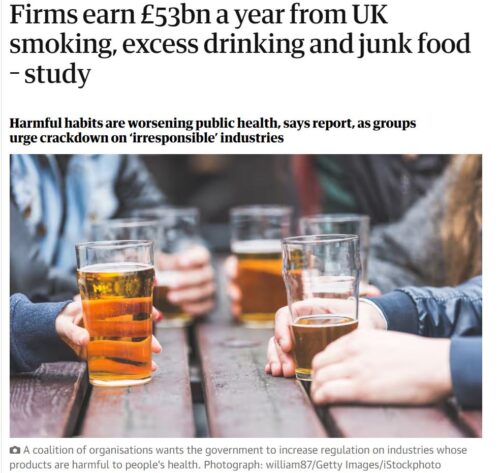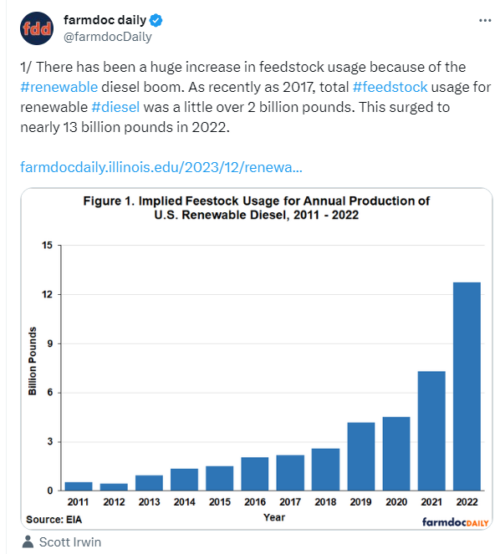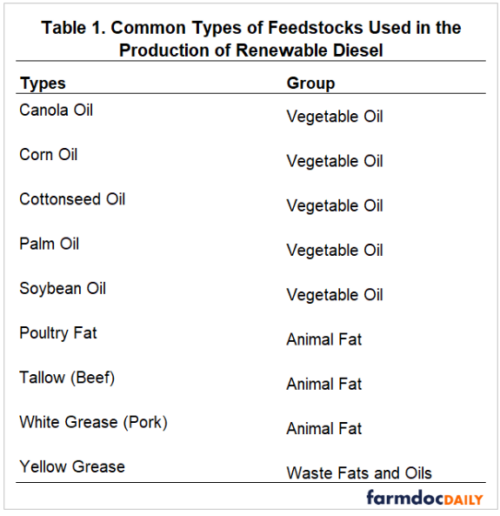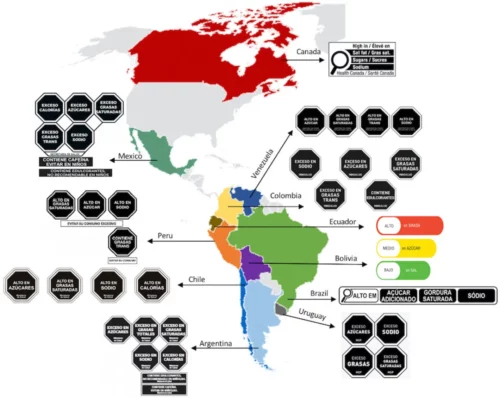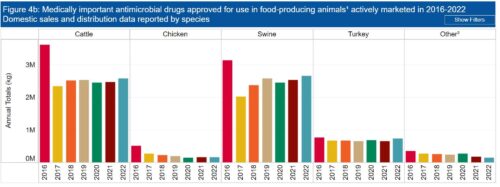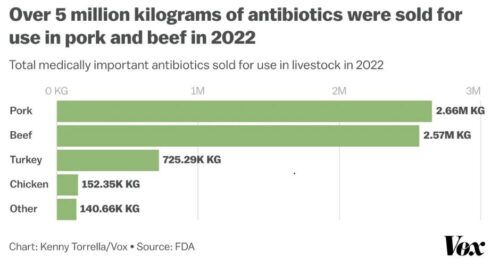Industry-funded study of the week: antioxidant supplement and sperm quality
Here’s where I first saw this one: Antioxidant supplement improves sperm quality and pregnancy outcomes, research suggests: Supplementing men with a combination of micronutrients and L-Carnitine shows promise in improving sperm motility and pregnancy outcomes, a new study concludes…. Read more
I could not wait to fsee the research.
The study: Effect of Micronutrients and L-Carnitine as Antioxidant on Sperm Parameters, Genome Integrity, and ICSI Outcomes: Randomized, Double-Blind, and Placebo-Controlled Clinical Trial. Antioxidants 2023, 12(11), 1937; https://doi.org/10.3390/antiox12111937
Rationale: Oxidative stress has been identified as a crucial factor leading to genome decay, lipid peroxidation, and nucleoprotein oxidation.
Method: double-blind, placebo-controlled clinical trial aimed to assess the effect of oral antioxidant treatment (Fertilis), which contains L-carnitine and some micronutrients, in the improvement of conventional sperm parameters, sperm DNA integrity and in vitro fertilization/intracytoplasmic sperm injection (IVF/ICSI) outcomes.
Results: The study outcome revealed a significant decrease in the DNA fragmentation index and a significant increase in sperm motility after 3 months of treatment (p = 0.01 and p = 0.02, respectively). Additionally, a significant improvement in clinical pregnancy rate (p = 0.01) and life birth rate (p = 0.031) was observed. No significant changes were observed in conventional sperm parameters (volume, count, and vitality) or sperm DNA decondensation (SDI).
Conclusion: Antioxidant therapy has a beneficial impact on achieving pregnancy, whether through spontaneous conception or assisted reproductive procedures (ART).
Funding: This research received received funding from the MEDIS laboratories.
Acknowledgments: The authors wish to thank MEDIS laboratories, especially Mohamed Bouchoucha “the general director”, Sonia Hafaiedh “the Medical laboratory director”, Sami Bousetta “the clinical research associate”, and Anis Ghribi “the data manager” for the encouragement and support….
Conflicts of Interest: The authors declare no conflict of interest.
Comment: The funder, Medis, is the maker of “High quality generic pharmaceuticals” like this supplement, no doubt. Even though the supplement had no effect on the usual measures of sperm number and viability, women who took the suipplessment did better in achieving pregnancy. I’d say more research needed on this one. In the meantime, if you believe this result and want to up your sperm quality, eat your veggies! Practically any fruit or vegetable is rich in antioxidants. Eat the ones you like.
As for “no conflicts of interest.” I respectfully disagree. Funding from a company that stands to gain from a positive result clearly introduces conflicted interests.

